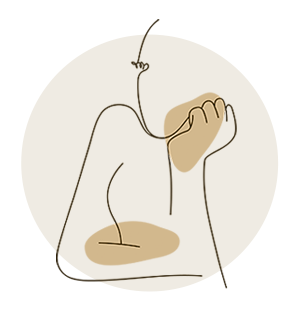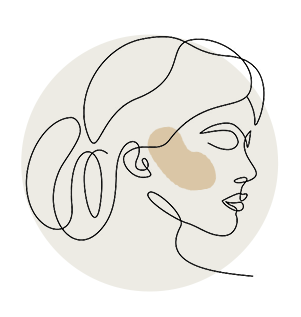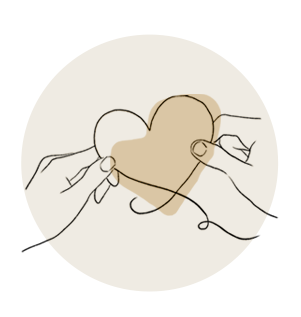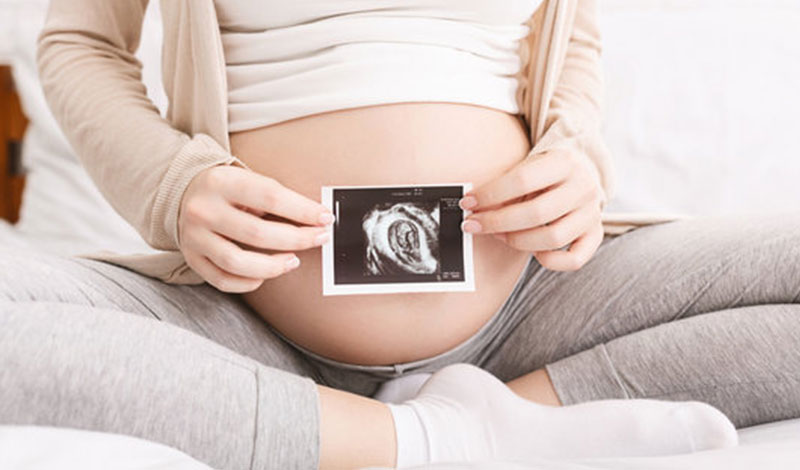Nutrition in Pregnancy – what you need to know.
Pregnancy is often the time where we pay the most attention to our nutrition. But what do we need to focus on?
Generally speaking, different coloured foods provide different nutrients. Eating a wide variety of fruits, vegetables, legumes, nuts, seeds, lentils, beans etc from each colour of the rainbow daily will provide the broadest range of vitamins and minerals. So look at your intake over the day/week. Did you consume something from each colour of the rainbow? If so, was there variety within each colour (i.e. today green came from spinach, tomorrow lettuce, the day after beans).
The most nutritious food is organic and fresh, not frozen or canned. It is a great idea to eat in season and where possible, grow your own. Even if you only have space for a few herbs, do it. You’ll notice the difference in taste when it is eaten as close to harvesting.
Fruit and vegetables hold more nutritional value if they are consumed raw, or cooked by lightly steaming, stir frying, or alternatively long cooking by stewing, or souping also preserves nutrient levels. During your pregnancy, you may find that your appetite for certain foods changes. If you don’t feel like eating, then ensure you have a protein rich smoothie. A smoothie is easily absorbed so even if you have the dreaded morning sickness and are throwing up, smoothies are a quick way of getting nutrition in before it decides to come back out.
Although all nutrients are important in pregnancy, some are more vital than others. Key nutrients to ensure you are consuming per day are;
Protein (soybeans, tempeh, nuts, seeds, beans, lentils, peas)
Folate (beans, lentils, chickpeas, spinach, artichoke, greens, asparagus, peas)
Vitamin B12 unreliable source from foods best to supplement (can be found in algae, fortified foods, plants/animal products exposed to B12 rich soil)
Iron (soybeans, mushrooms, beans, seasame, rice bran, amaranth, lentils, spinach, parsley, quinoa, sunflower seeds, oats, turmeric, tahini)
Calcium (soy products, sesame seeds, rhubarb, bok choy, spinach, beans, almonds, poppy seeds, cinnamon)
Essential Fatty Acids (flaxseed oil, seaweed, algae, walnuts, hemp seeds, chia seeds)
Iodine unreliable source from foods. Best to test to see if you require supplementation. Too much or too little iodine can be damaging so always best to test first. Iodine can be found in seaweed, cranberries, Himalayan salt, iodised salt, potatoes, beans and strawberries.
Have any questions about nutrition or health? Head to https://www.facebook.com/candace.borgnaturopath










